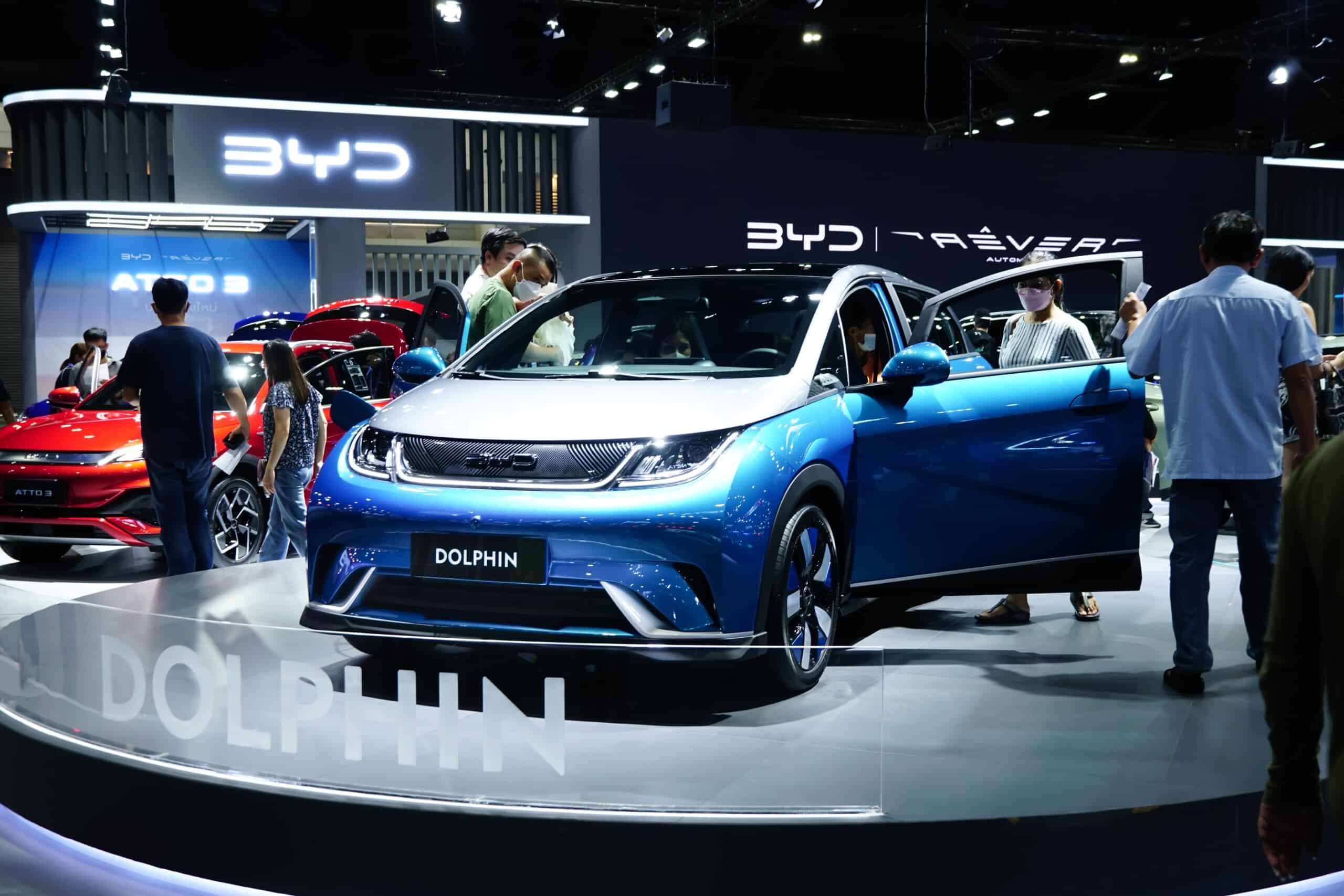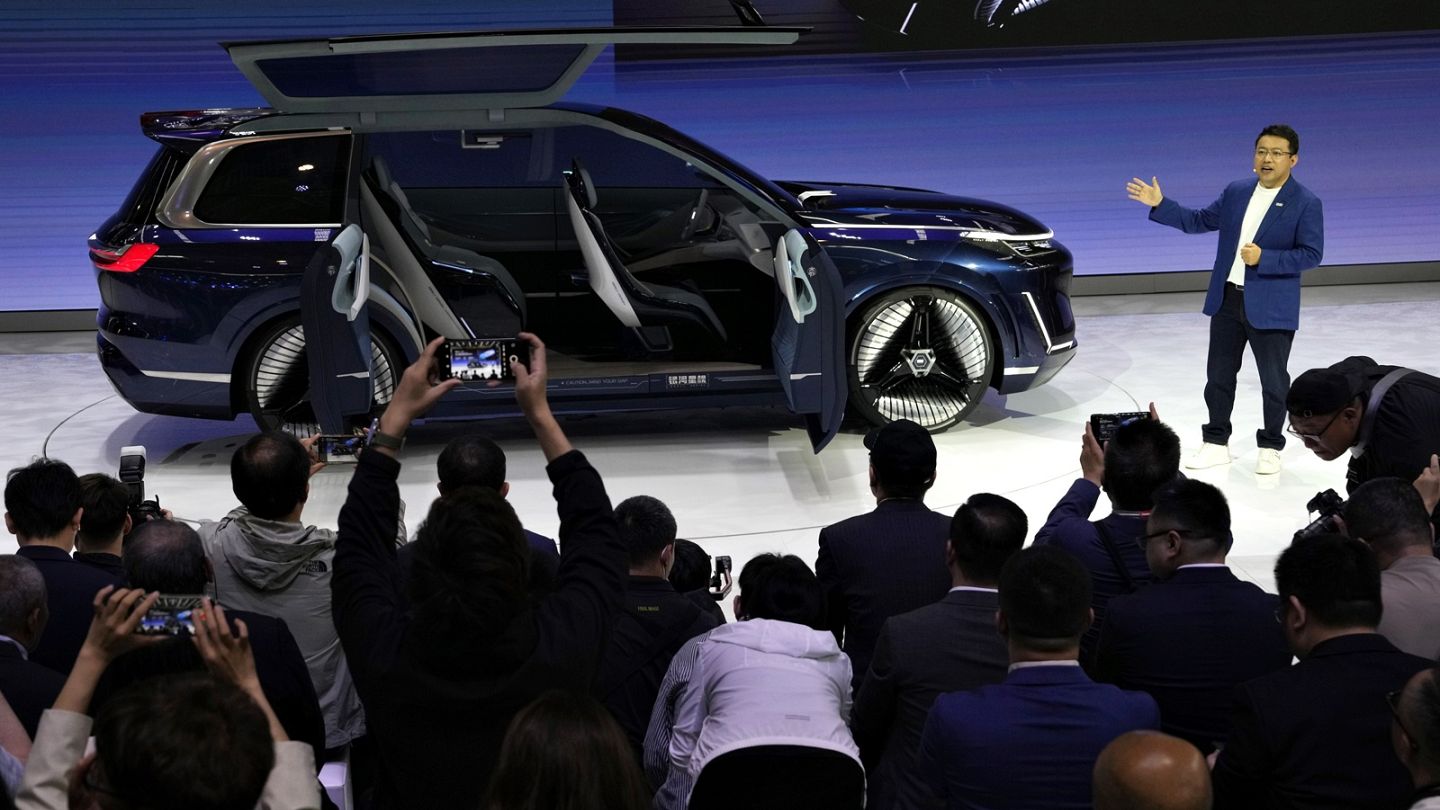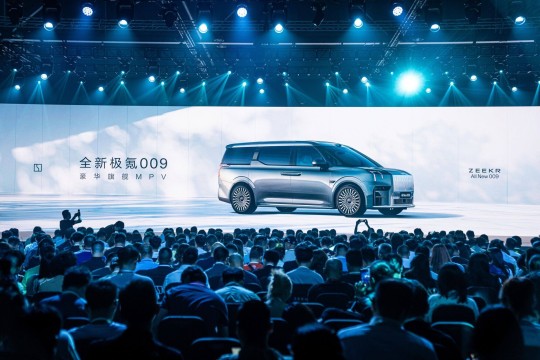China’s electric vehicle (EV) market is gearing up for intensified competition, with 2025 projected to be the year of the “final grand battle,” according to He Chiqui, Executive Vice President of BYD, one of Tesla’s primary competitors in the region.
BYD Pushes Suppliers to Cut Costs
BYD has recently asked its suppliers to reduce their prices by 10% in an effort to strengthen its competitive edge in the world’s largest automotive market. In an email, He Chiqui urged suppliers to propose discounted rates by December 15, 2024, with the new pricing set to take effect at the start of 2025.
While BYD presents this cost-cutting measure as an essential step toward maintaining its market leadership, the request has sparked discontent among suppliers. Margins in the EV supply chain are already slim, and payment cycles can be lengthy. A supplier expressed their frustration, stating, “We cannot accept this demand, nor are we willing to participate in a cooperation that violates ethical and humane business practices.”
BYD responded to the backlash, clarifying that the price reductions are not mandatory. According to Li Yunfei, BYD’s public relations director, “Annual negotiations with suppliers are common in the automotive industry. We set target reductions, but these requests are not binding. Negotiations are always an option.”

The Impact of Price Wars on the Industry
The price war in China’s EV market has been escalating since late 2022, led initially by Tesla. The intense competition has put significant pressure on profit margins and triggered a wave of industry consolidations.
BYD, for instance, has experienced increased payment delays for its invoices, with an average settlement period of 144 days in the first nine months of 2024—up from 124 days in the previous year.
Tesla Joins the Fray
Adding to the pricing turmoil, Tesla recently announced a 10,000-yuan ($1,379) discount on its popular Model Y. The price cut reduces the vehicle’s starting price to approximately 239,900 yuan ($33,000), representing a 4% drop. This move is expected to catalyze a new round of price reductions across the industry.
Analysts predict that pricing competition is inevitable in China, particularly given the overcapacity issues plaguing the sector.

What 2025 Holds for China’s EV Market
Industry experts anticipate that the next wave of price cuts will arrive in Q1 2025. This trend, while challenging for smaller players, may ultimately position Chinese EVs for global dominance. A senior executive in the auto parts industry compared the current situation to the rise of Japanese carmakers decades ago, stating, “This could pave the way for Chinese EV brands to replicate Japan’s global automotive success.”
Winners and Losers in the Price War
The price war has pushed some Western automakers to seek alliances with Chinese counterparts. Companies like Volkswagen and Stellantis have teamed up with firms such as Xpeng and Leapmotor to leverage their EV expertise. However, others have not been as fortunate. Luxury EV startups like HiPhi and WM Motor in Shanghai are facing bankruptcy proceedings, highlighting the brutal toll of market competition.
Conversely, BYD has managed to capitalize on the chaos. Earlier this year, the company implemented strategic price cuts across various market segments, bolstering its market share while eroding that of competitors. BYD recently surpassed Tesla to claim the title of the world’s largest EV seller by volume, boasting a profit margin of 21.9%—its highest since inception.

Challenges and Opportunities
The ongoing price war in China is reshaping the global EV landscape. Smaller firms are increasingly being squeezed out, leaving room for larger players to consolidate their dominance. With their lower costs and growing expertise, Chinese EV manufacturers are poised to expand their influence in international markets.
At the same time, the industry faces significant challenges, including supply chain bottlenecks, overproduction, and fluctuating consumer demand. As companies vie for market leadership, the next few years will be critical in determining the long-term winners in the EV race.

As the battle for EV supremacy intensifies in China, companies like BYD and Tesla are setting the stage for a global showdown. While the price war creates short-term turbulence, it also promises to accelerate innovation, lower costs, and ultimately make EVs more accessible to a broader audience worldwide.
Let me know if you’d like further refinements or visuals to complement the article!




